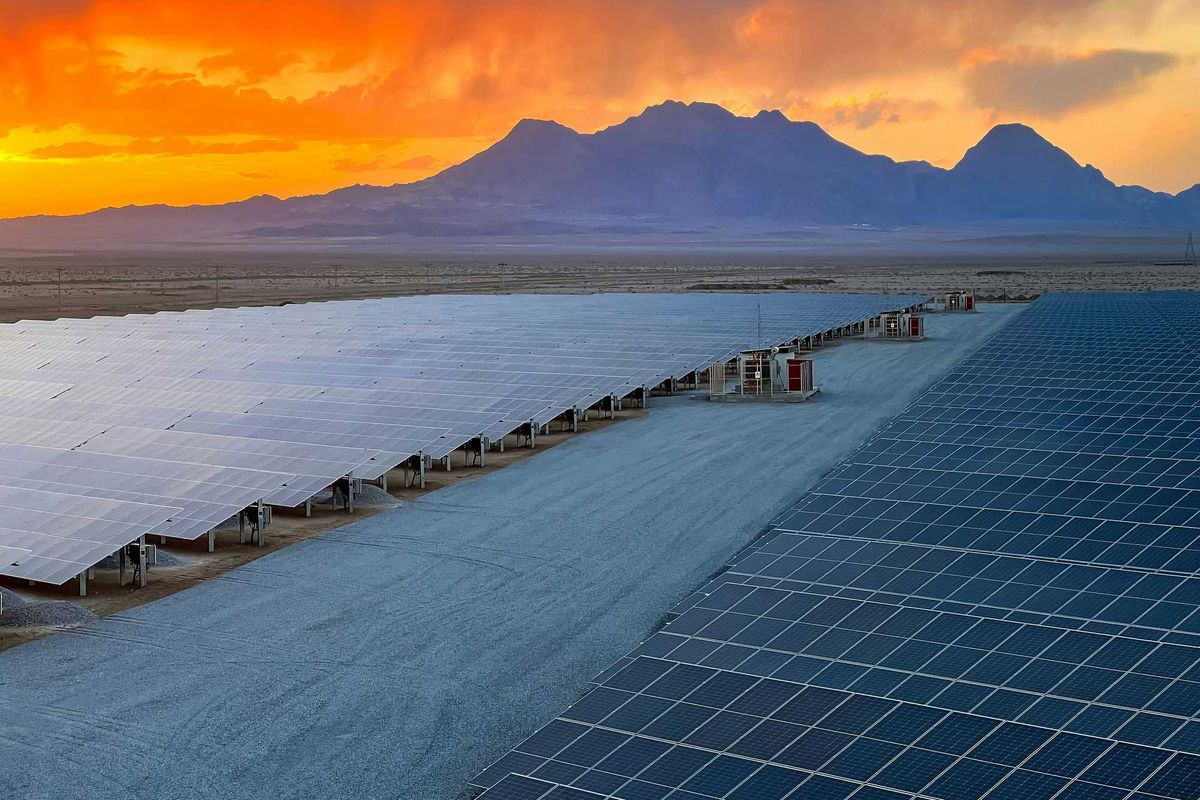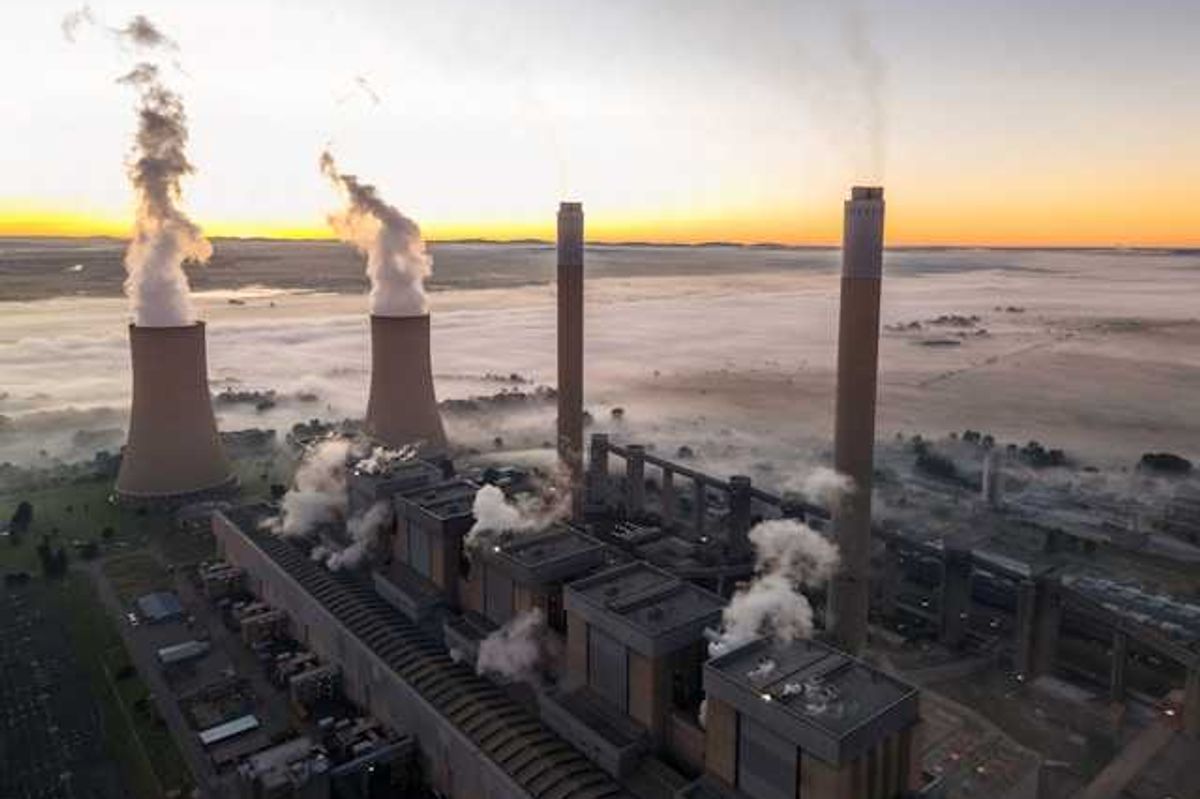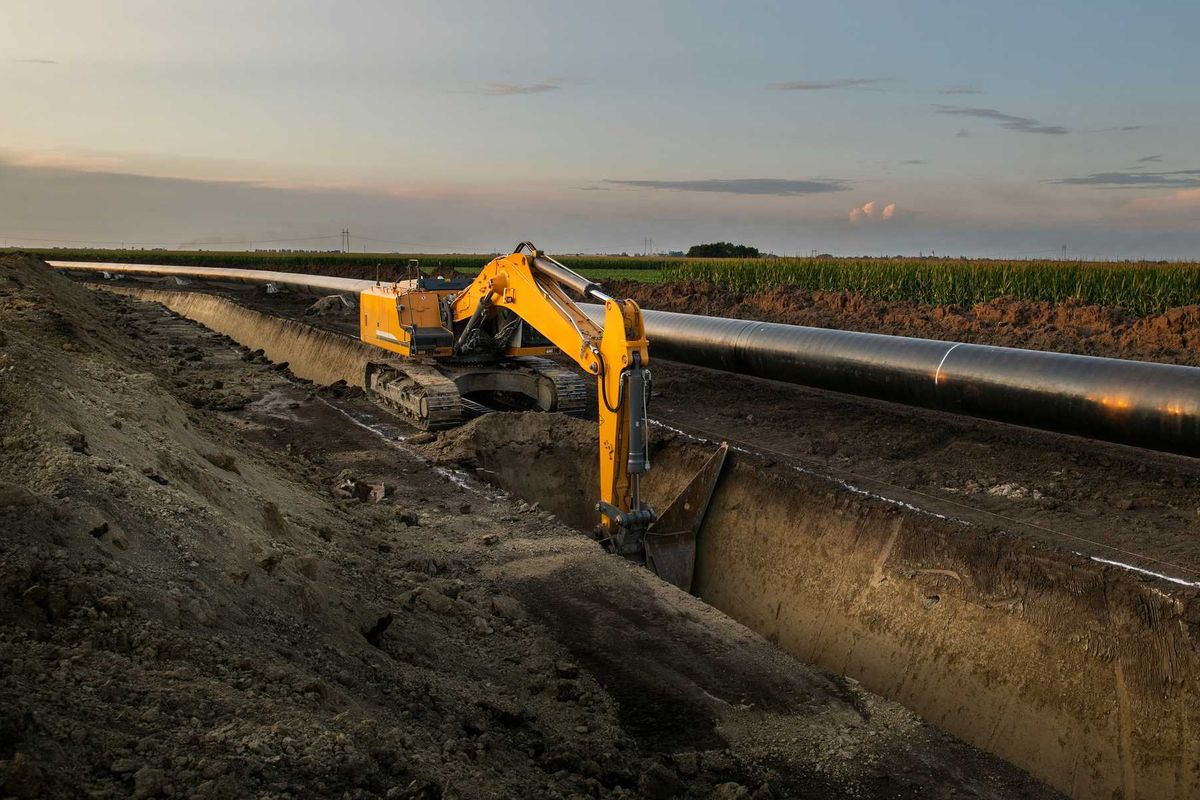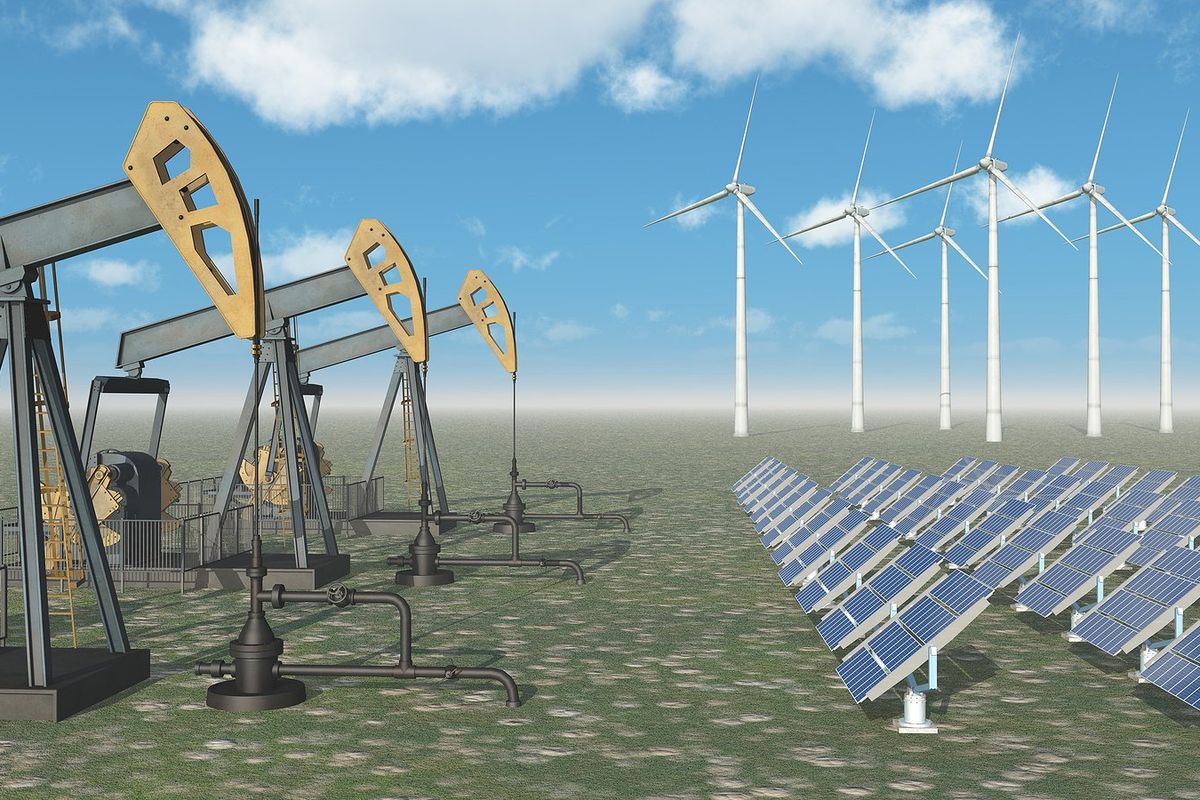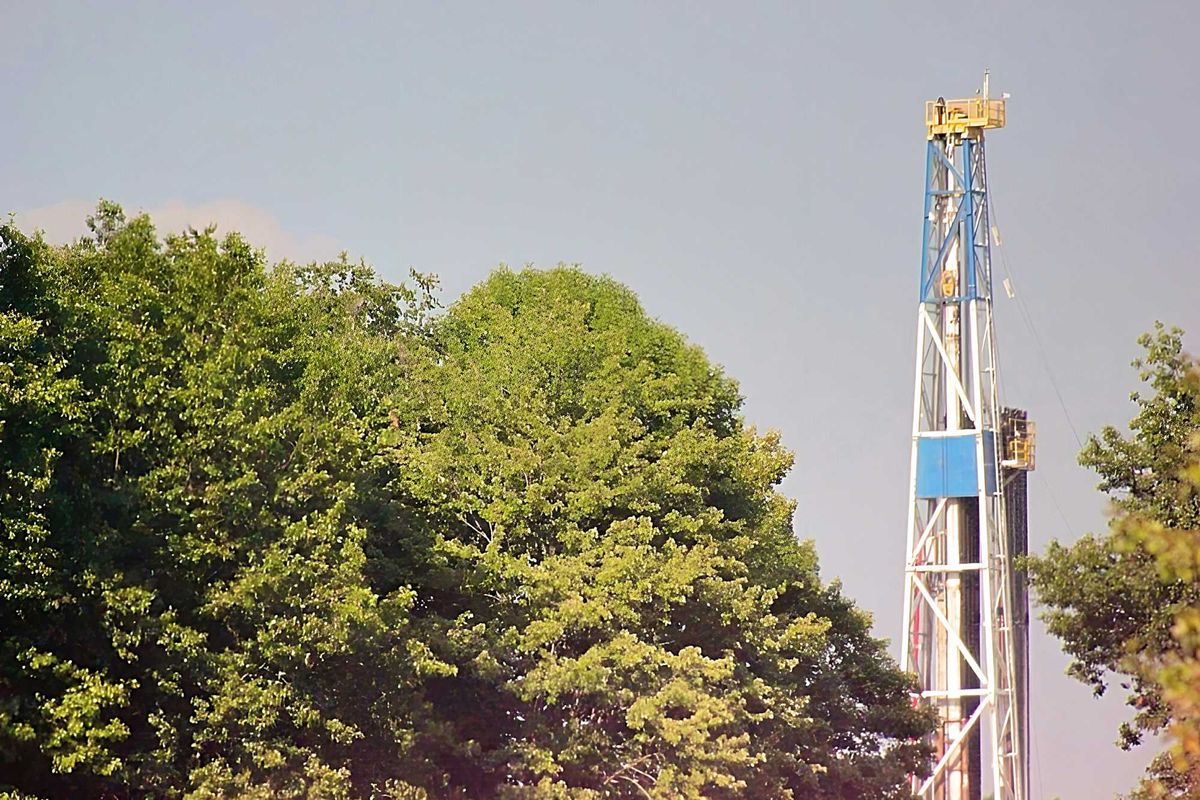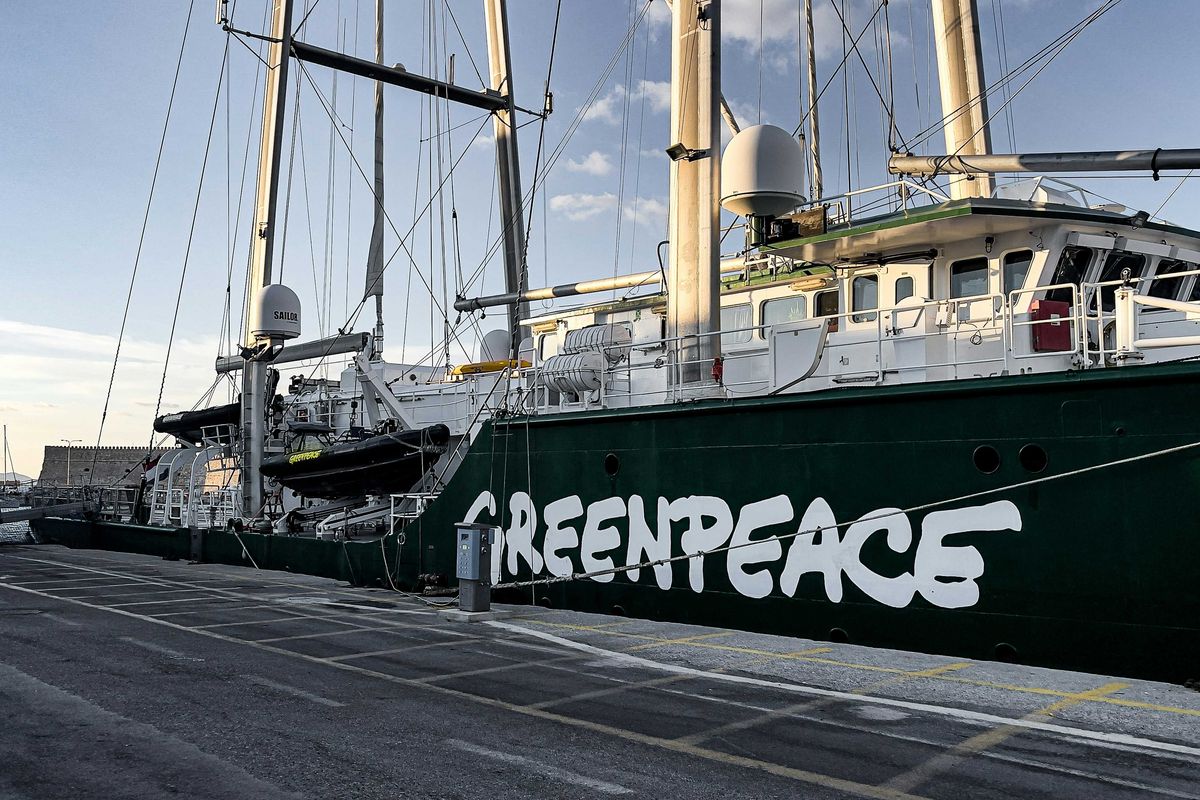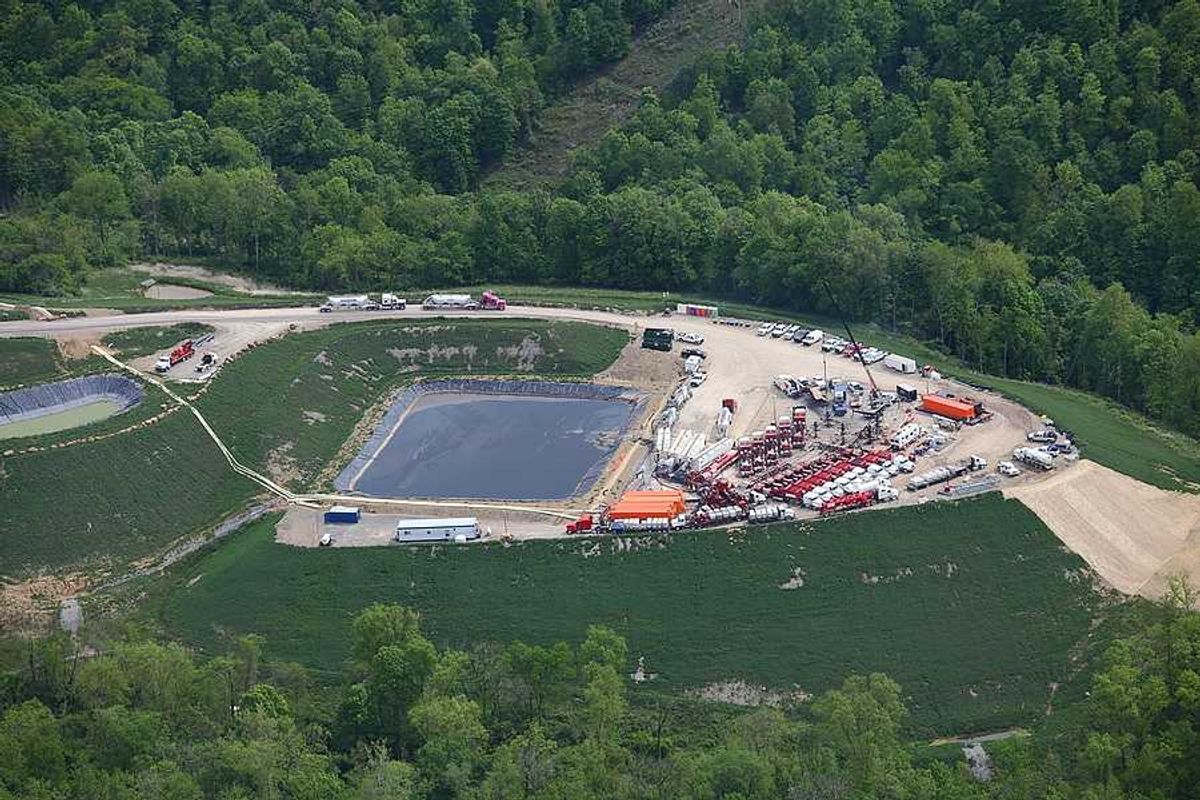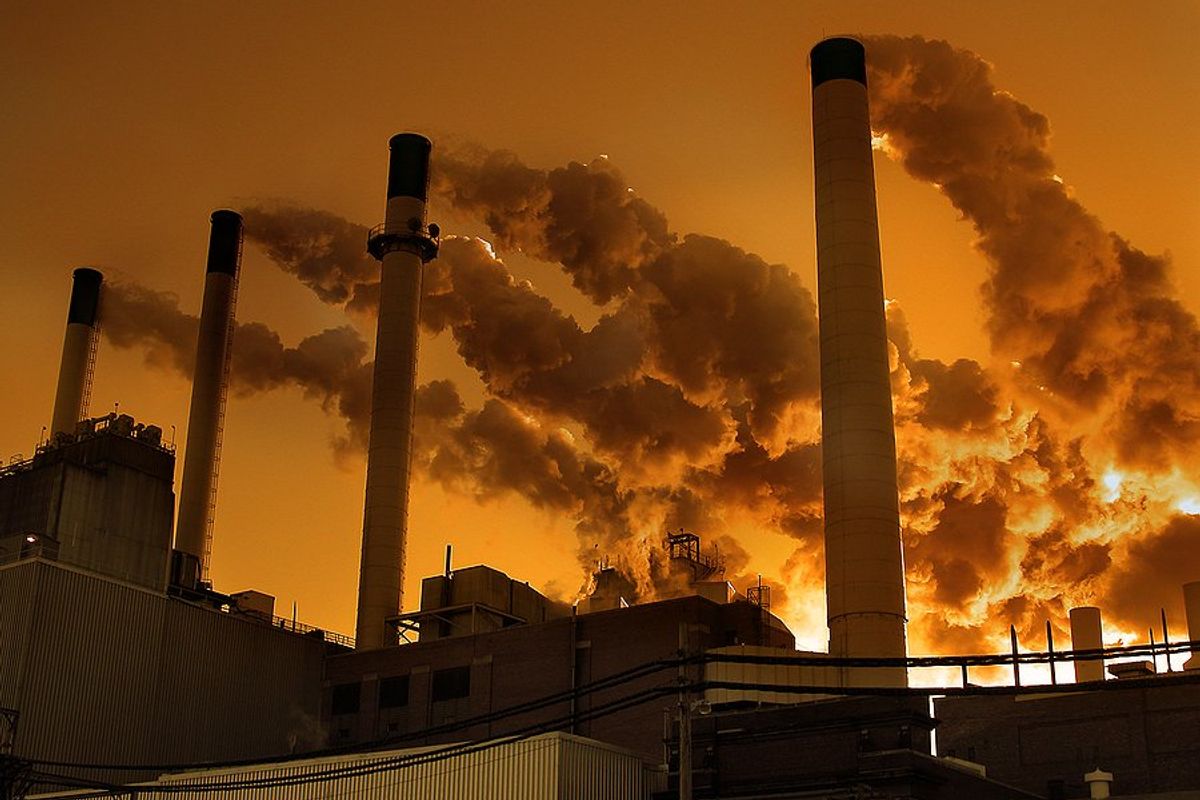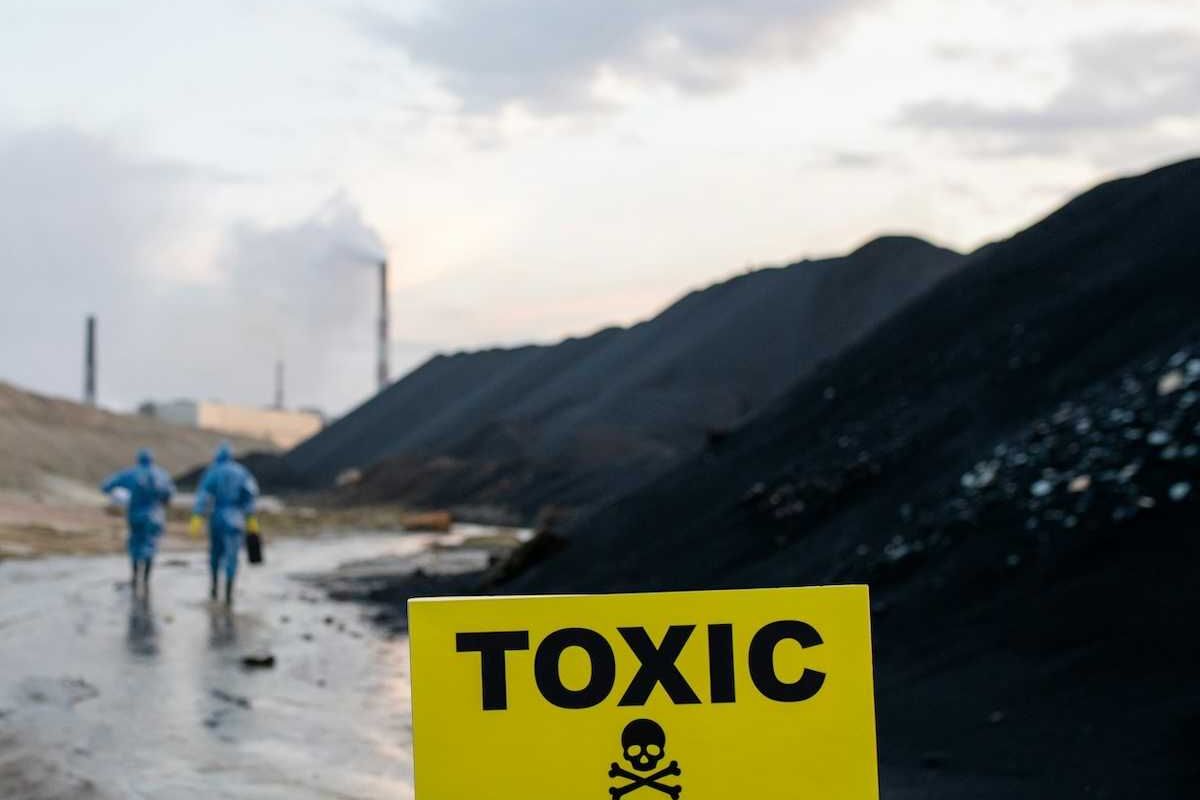As part of the forthcoming Ecodesign for Sustainable Products Regulation, which is set to take effect in 2027, every garment sold in European Union member states will be required to carry a digital product passport: a scannable record that traces an item’s full lifecycle.
Causes
The country’s enormous energy and mineral resources are consolidating as a key factor in the geopolitical dispute and in Venezuela’s institutional collapse.
In a year shaped by Trump's return to the White House, the new administration touted "energy dominance" and protesters threw eggs at "swasticars."
Dozens of energy developers, experts and politicians say there were some highs amid a lot of lows in a roller coaster year for clean energy as President Donald Trump worked to boost polluting fuels while stymying wind and solar.
A House-passed bill aimed at speeding approvals of energy projects includes language that wind and solar supporters call unacceptable. Now it goes to the Senate.
Obsolete power plants continue to cost ratepayers. Now, the push to generate unprecedented amounts of electricity for data centers risks creating another $1 billion in “stranded assets.”
The U.S. Army Corps of Engineers issued a final environmental impact report Friday recommending that oil keep flowing through the controversial pipeline.
The American Clean Power Association’s moves have sparked bipartisan anger.
Diane Wilson, the prominent Gulf Coast environmentalist, filed a legal notice of intent on Wednesday to sue Dow for alleged large-scale discharges of plastic pellets from its 4,700-acre petrochemical complex outside Seadrift, Texas.
Former government officials say the state isn’t doing enough to regulate fracking waste, even as new research shows it’s far more radioactive than previously known.
The president’s swift destruction of regulations in his first year could help him make lasting changes, with the Supreme Court’s help.
A new study finds that repression of environmental protest is rising worldwide and Indigenous land defenders face the greatest risk.
A court filing by a group with deep ties to the pipeline company Energy Transfer raises questions about the growing use of amicus briefs in litigation.
The new rules, which will take effect in 2028, aim to cut emissions by 75% by 2035.
More than a decade after regulators promised to improve reporting standards for this waste, an Inside Climate News investigation found huge discrepancies in state records.
The Trump administration has ordered Washington’s last coal-fired power station to continue burning coal, just weeks before it was scheduled to shut down and convert to natural gas fuel.
In neighbouring Alberta, government scientists are producing peer-reviewed studies on the impacts of coal mining. Why isn’t B.C.?
Federal regulators will allow tech companies to effectively plug massive data centers directly into power plants.
Journalism that drives the discussion
Copyright © 2017 Environmental Health Sciences. All rights reserved.
Copyright © 2017 Environmental Health Sciences. All rights reserved.





